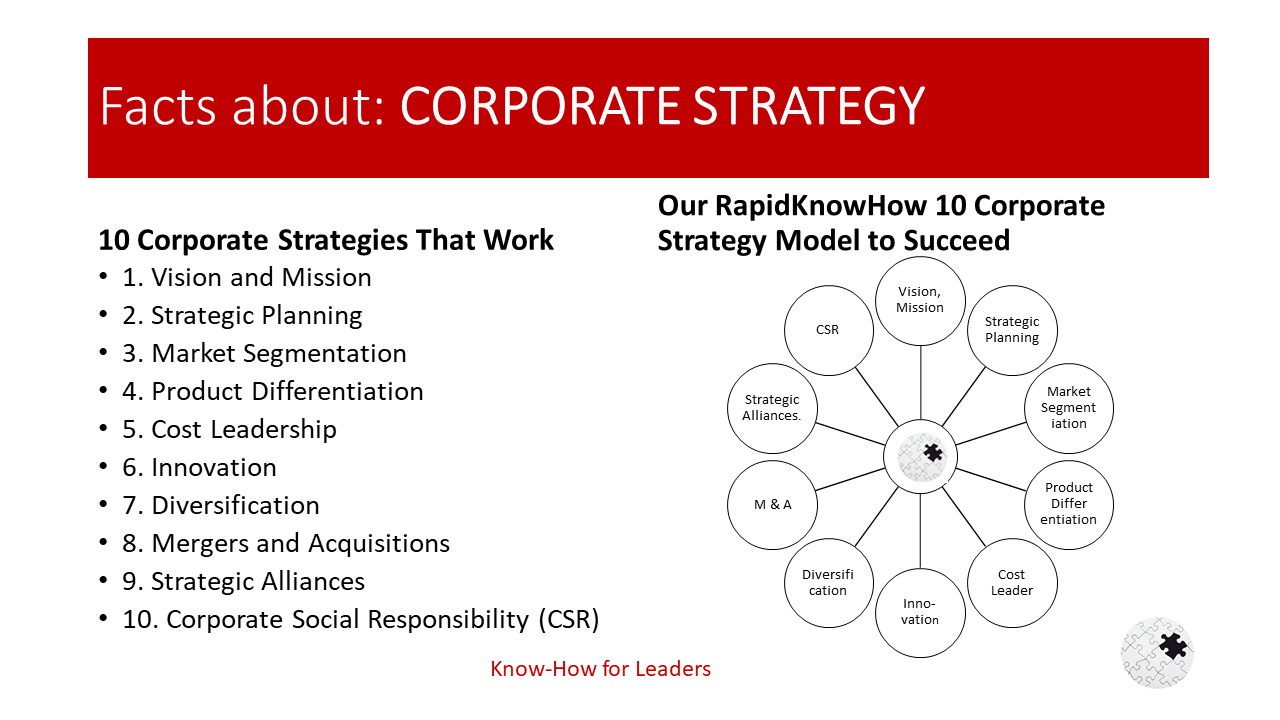**Comparing Less – Sustainability Lifestyle with More – Consumer Lifestyle**
In recent years, the conversation surrounding lifestyle choices has increasingly focused on sustainability and consumerism.
As individuals navigate their daily lives, they often find themselves at a crossroads between adopting a
“Less” lifestyle, which emphasizes sustainability and minimalism, and a “More” lifestyle, characterized by consumption and material abundance.
This answer aims to explore the definitions, characteristics, benefits, and consequences of both lifestyles while providing a comparative analysis of their intent, citizen roles, consuming styles, and outcomes.
Less Lifestyle: Definition, Characteristics, Benefits
**Definition:** The “Less” lifestyle is rooted in the principles of sustainability and minimalism. It advocates for reducing consumption to lessen environmental impact while promoting a more intentional way of living.
This approach encourages individuals to prioritize quality over quantity and to make conscious choices that benefit both themselves and the planet.
**Characteristics:**
1. **Minimalism:** A focus on owning fewer possessions and decluttering living spaces.
2. **Sustainable Practices:** Incorporating eco-friendly habits such as recycling, composting, and using renewable resources.
3. **Mindful Consumption:** Making deliberate choices about purchases based on necessity rather than impulse.
4. **Community Engagement:** Often involves participating in local initiatives that promote sustainability.
**Benefits:**
– **Environmental Impact:** Reducing waste and resource consumption helps mitigate climate change.
– **Financial Savings:** Spending less on unnecessary items can lead to significant savings over time.
– **Mental Clarity:** A minimalist approach can reduce stress associated with clutter and consumer pressures.
– **Enhanced Well-being:** Fostering deeper connections with people and experiences rather than material goods can lead to greater life satisfaction.
More Lifestyle: Definition, Characteristics, Consequences
**Definition:** The “More” lifestyle is characterized by an emphasis on consumerism—an approach that values abundance in possessions and experiences.
This lifestyle often promotes the idea that happiness can be achieved through acquiring more goods or services.
**Characteristics:**
1. **Consumer Culture:** A strong inclination towards purchasing new products frequently.
2. **Brand Loyalty:** Preference for well-known brands that signify status or prestige.
3. **Convenience Over Sustainability:** Prioritizing ease of access to goods often at the expense of environmental considerations.
4. **Social Media Influence:** The portrayal of an idealized lifestyle through social media platforms encourages constant consumption.
**Consequences:**
– **Environmental Degradation:** Increased waste generation and resource depletion contribute to ecological crises.
– **Financial Strain:** The pressure to keep up with consumer trends can lead to debt or financial instability.
– **Mental Health Issues:** The pursuit of material wealth may result in anxiety or dissatisfaction when expectations are not met.
– **Social Disconnection:** An overemphasis on possessions can detract from meaningful relationships and community engagement.
Comparison
1. **Intent:**
– The intent behind a Less lifestyle is often rooted in ethical considerations regarding environmental stewardship and personal well-being.
In contrast, the More lifestyle typically centers around personal gratification through acquisition.
2. **Citizen Role:**
– Individuals embracing a Less lifestyle often see themselves as stewards of the planet who contribute positively to their communities.
Those who adopt a More lifestyle may view themselves primarily as consumers whose choices drive economic growth.
3. **Consuming Style:**
– The Less lifestyle promotes thoughtful purchasing decisions based on necessity and sustainability; it encourages individuals to seek out second-hand items or support local artisans.
Conversely, the More lifestyle tends to favor convenience-driven purchases from large retailers or online platforms without much consideration for sustainability.
4. **Outcome:**
– The outcomes of a Less lifestyle generally include reduced environmental impact, improved mental health, financial savings, and stronger community ties. In contrast, the More lifestyle may lead to increased waste generation, financial burdens due to excessive spending, potential mental health challenges stemming from consumer pressures, and weakened social connections.
Conclusion
In conclusion, the choice between a Less sustainability-focused lifestyle and a More consumer-driven one reflects broader societal values regarding consumption, well-being, and environmental responsibility.
While both lifestyles offer distinct characteristics and consequences, individuals must consider their personal values when making choices about how they live their lives.
Embracing a Less lifestyle may not be feasible for everyone; however, even small shifts towards more sustainable practices can contribute positively to individual well-being as well as the health of our planet. Ultimately, fostering awareness around these lifestyles can empower individuals to make informed decisions that align with their values while promoting a more sustainable future for all.





